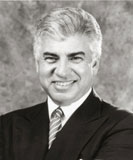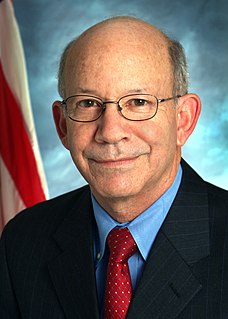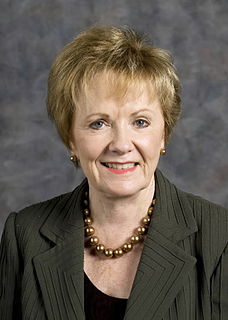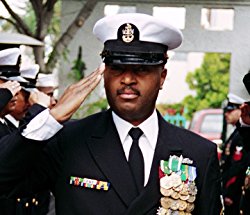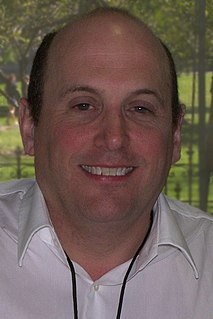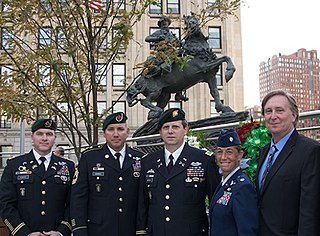A Quote by Peter Bergen
The special reverence that al Qaeda had for Sheikh Rahman was underlined by a two-hour propaganda videotape that the group's media division released in the spring of 2001, when the 9/11 attacks were in their final planning phase.
Related Quotes
The attacks of September 11 were made possible, in part, by the fact that U.S. law enforcement had a bias that 'rich Saudis are safe Arabs.' Al Qaeda understood that bias and relied on it to operate freely in the United States for years, even when the terrorists were engaged in activities that the authorities considered suspicious.
I totally disagree with the premise that al Qaeda is on the path to defeat. Quite the contrary, al Qaeda has deliberately decentralized its operations - not because of the relentless attacks we have had on its national leadership in Pakistan, but because its strategic objective is to dominate and control Muslim countries in the region.



